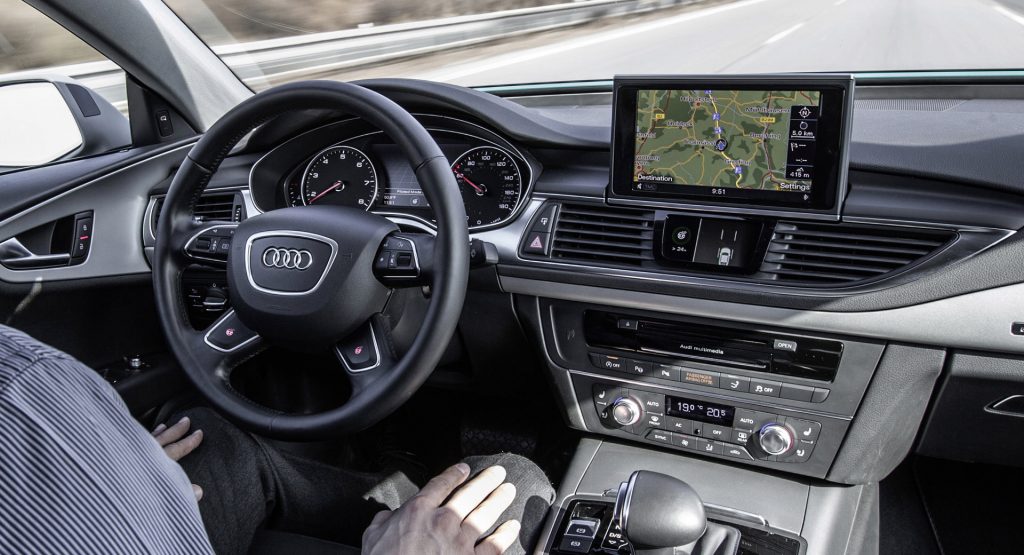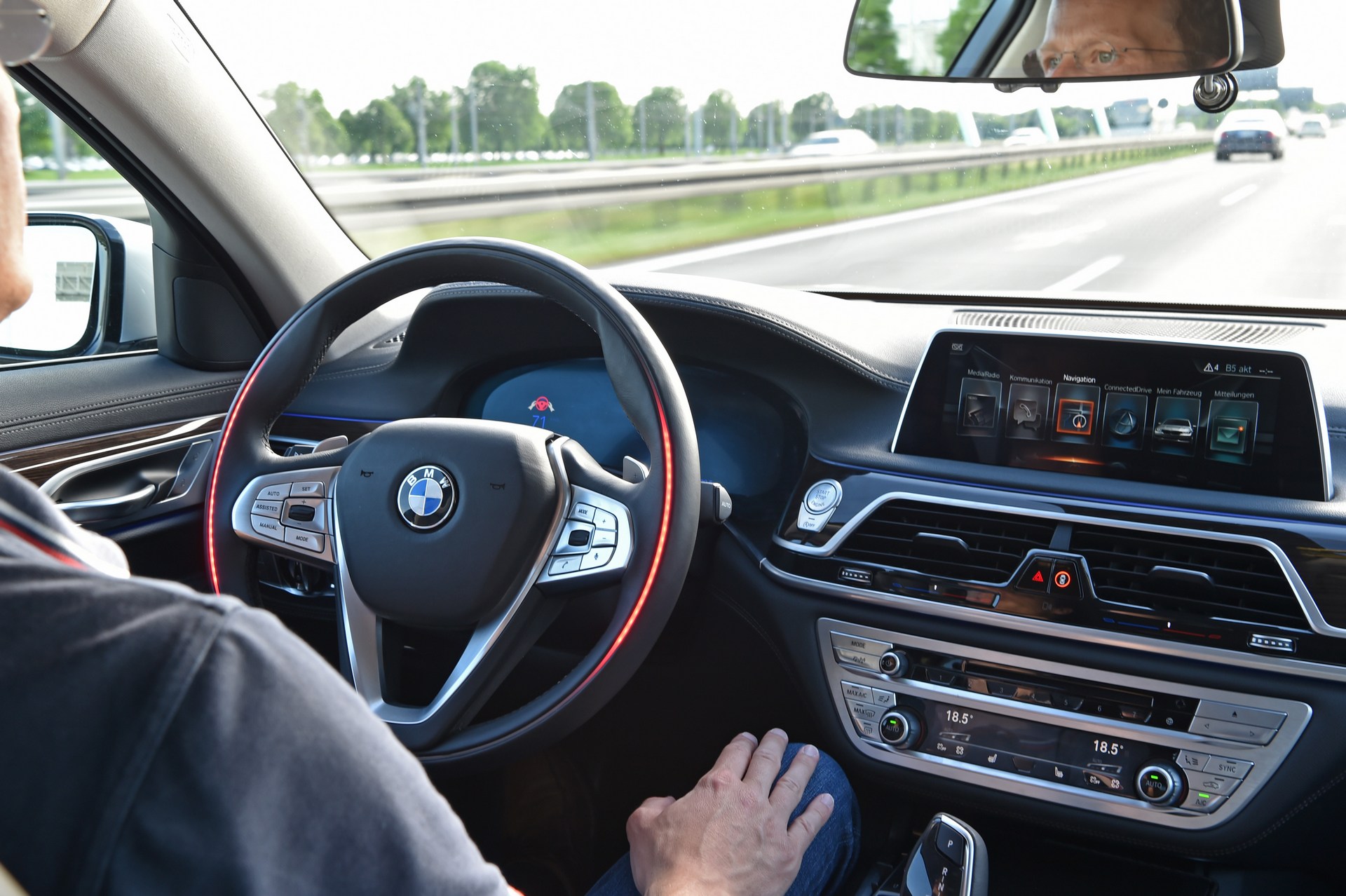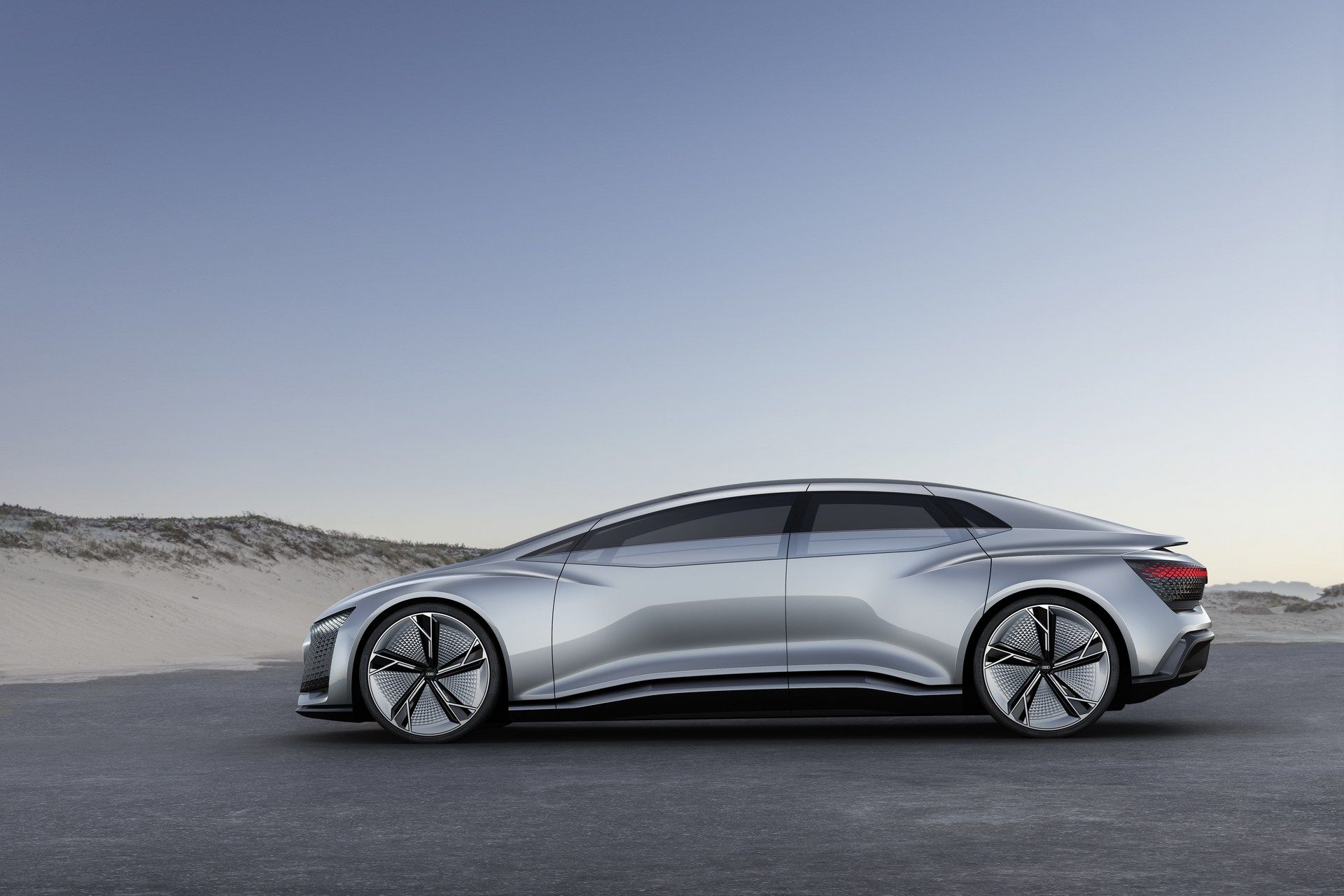Earlier this year, BMW and Mercedes announced a strategic partnership which would see the rivals team up to develop autonomous driving technology.
At the time, the companies said the initial focus was on “advancing the development of next-generation technologies for driver assistance systems” including automated parking and semi-autonomous Level 3 and Level 4 systems for use on the highway. The goal was to make these technologies widely available by the middle of the next decade.
BMW and Mercedes also said the partnership would help to speed up and streamline the development of autonomous driving tech. It’s also worth mentioning that development costs should be lower as they’d be spread across two automakers.
Also Read: BMW And Daimler Tie Ze Knot To Co-Develop Autonomous Tech
When the partnership was originally announced, the companies left the door open for others to join. As they stated, “BMW Group and Daimler AG will also explore additional partnerships with other technology companies and automotive manufacturers that could contribute to the success of the platform.”
Fast forward to today and Germany’s Wirtschaftswoche is reporting Audi will use the Frankfurt Motor Show to announce plans to join the existing partnership. Details are limited, but the publication says the venture won’t affect Volkswagen’s autonomous driving partnership with Ford.
It remains unclear how the dual partnership will work, but the agreement between Ford and Volkswagen was announced in July. As part of that agreement, Volkswagen invested in Argo AI and this allows them to integrate the company’s autonomous driving technology into future vehicles.
At the time, Ford said Argo AI’s focus “remains on delivering a SAE Level 4-capable SDS to be applied for ride sharing and goods delivery services in dense urban areas.” This seems to be different than the BMW and Mercedes partnership which is focused on consumer vehicles being driven on the highway. As a result, Audi’s involvement could make sense as it would allow the Volkswagen Group to focus on both private and commercial applications for autonomous driving technology.






